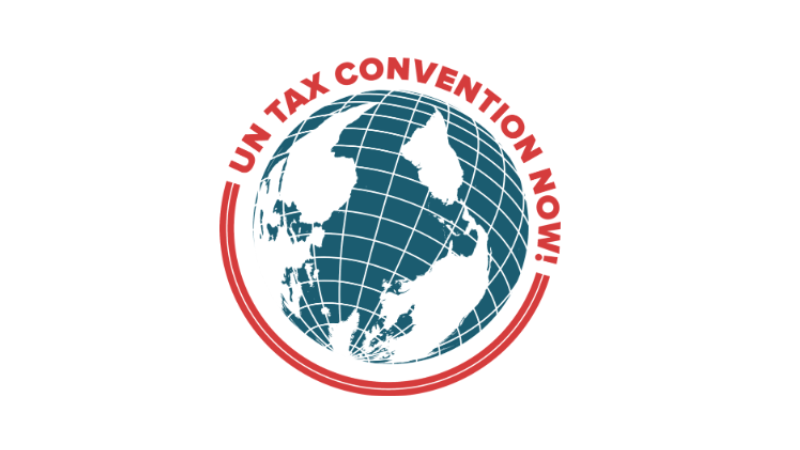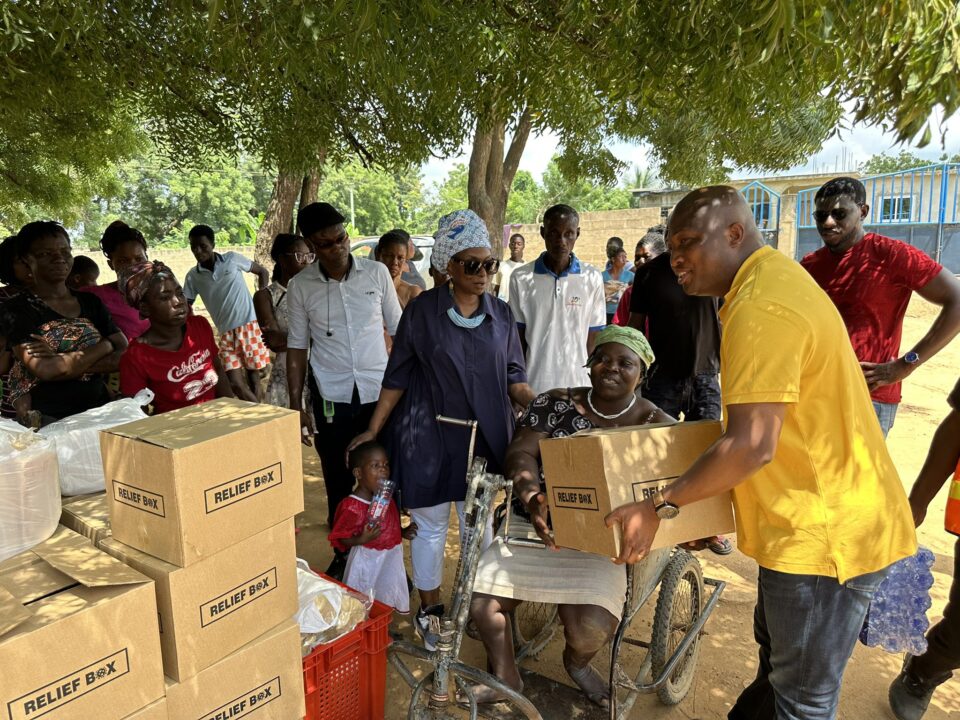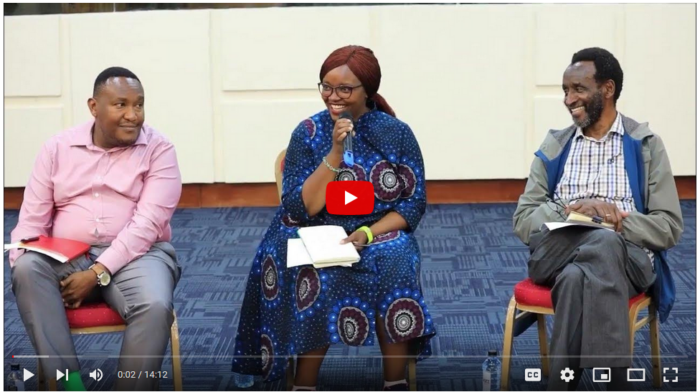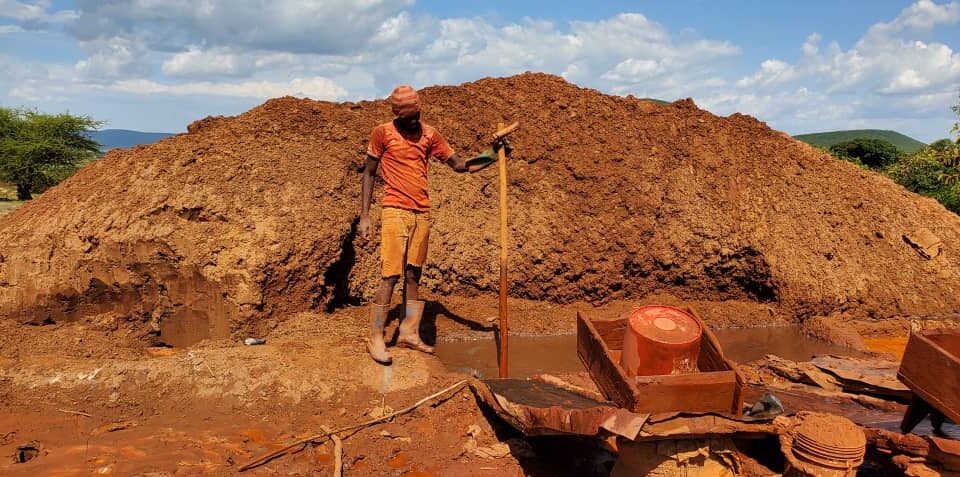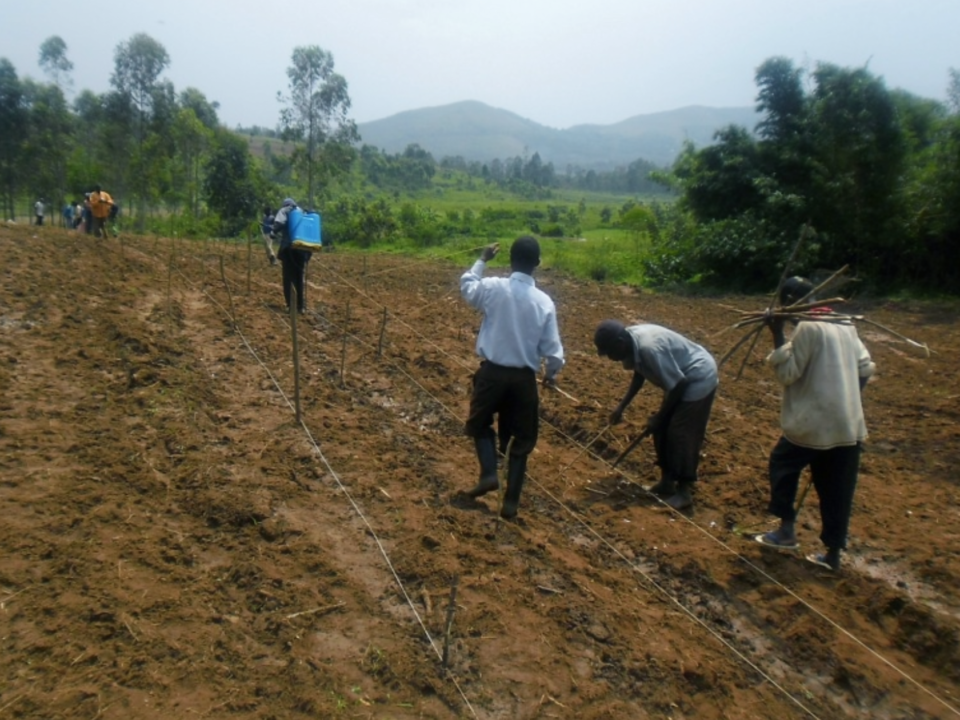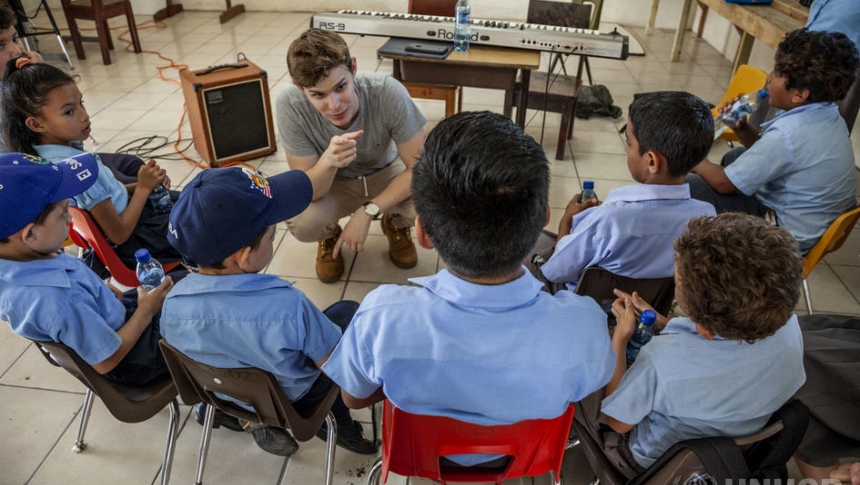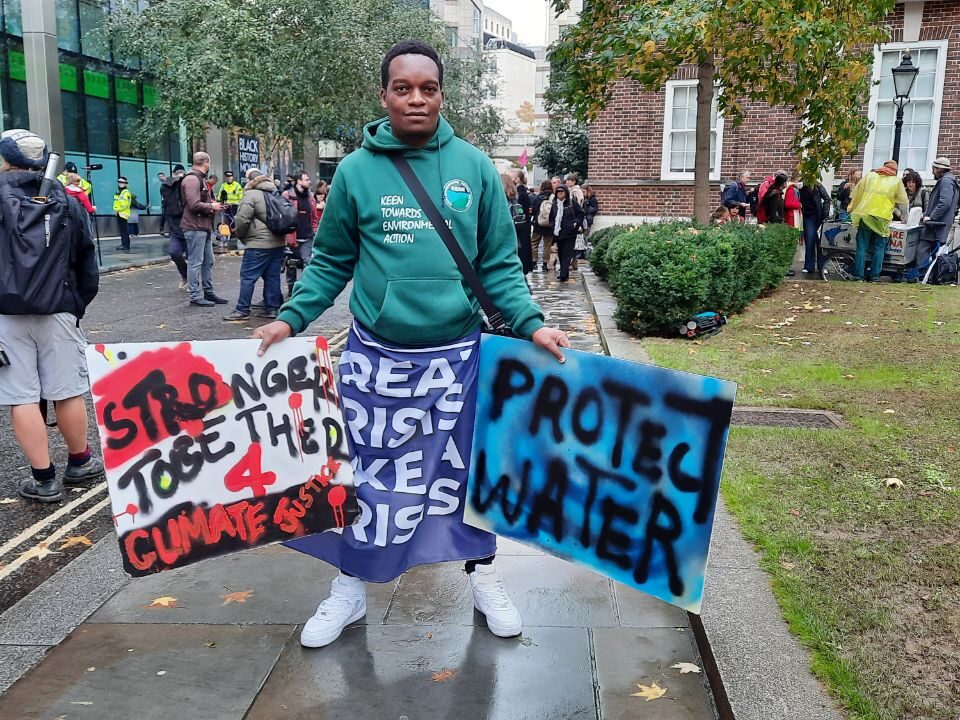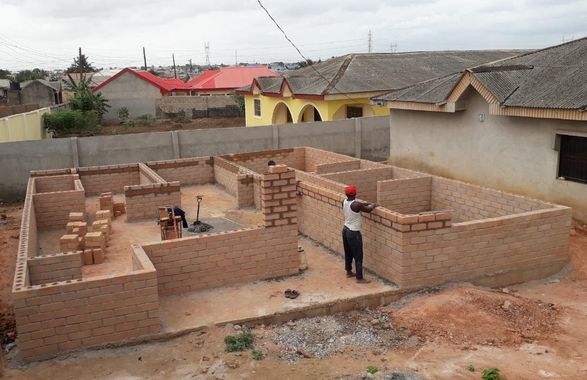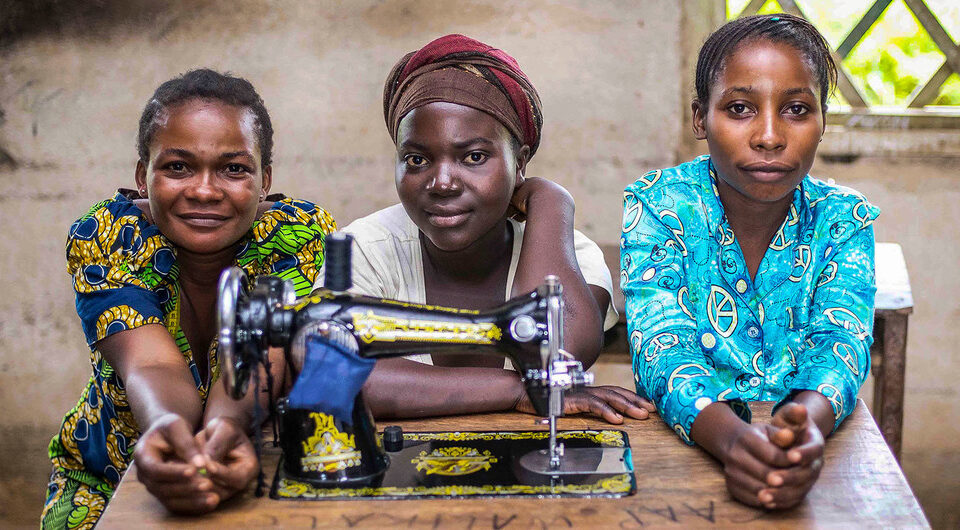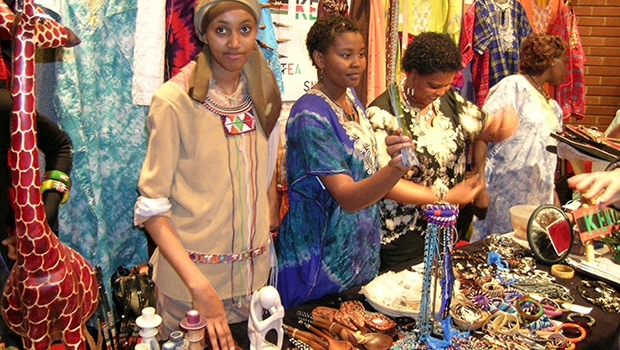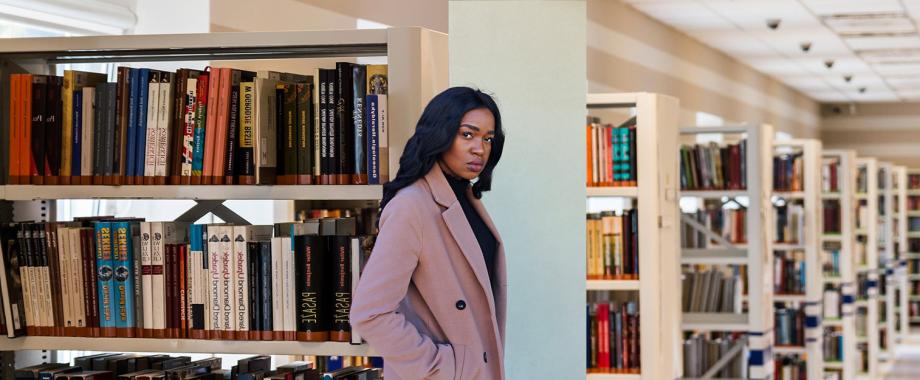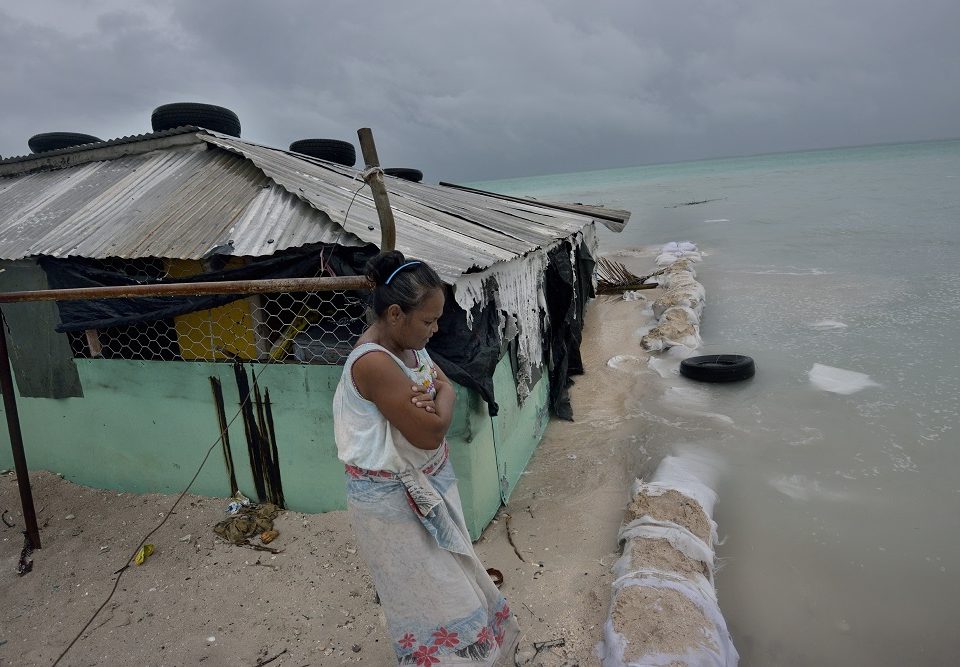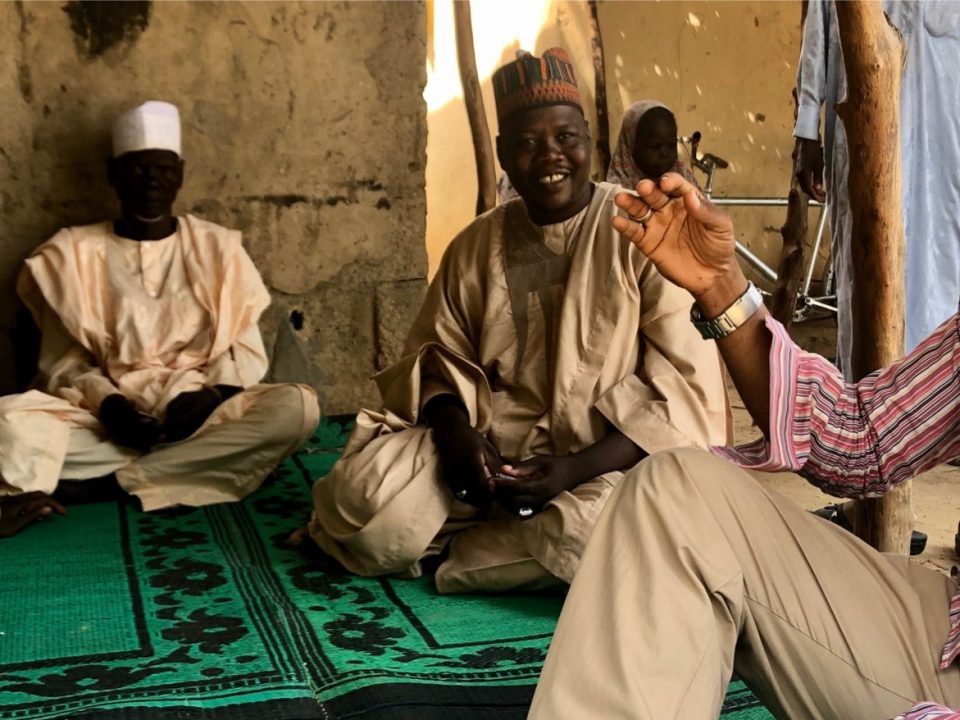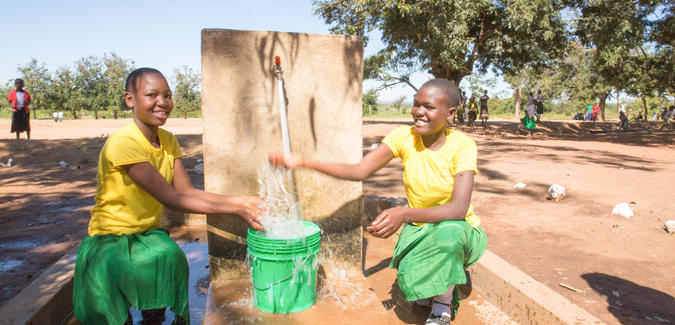Farida Tchaitchian Bena
- Filter by
- Categories
- Tags
- Authors
- Show all
- All
- academia
- accountability
- adaptation
- afghanistan
- aid
- aid effectiveness
- architecture
- Argentina
- asylum-seeker
- budget
- bureaucracy
- business
- capacity sharing
- child protection
- children's rights
- citizen engagement
- citizen participation
- citizen voice
- climate c
- climate change
- colombia
- community
- community development
- comparative development
- conflict
- cooperation
- COP21
- COP26
- corporations
- Covid-19
- data
- decision-making
- decolonisation
- Democratic Republic of Congo
- developing countries
- development
- development co-operation
- development effectiveness
- development finance
- dialogue
- disaster preparedness
- disaster response
- domestic resource mobilisation
- donors
- DRC
- economic empowerment
- emergency preparedness
- employment
- entrepreneurship
- equality
- espanol
- EU
- evaluation
- feedback loops
- feminism
- français
- gender
- gender equality
- gender-based violence
- global development
- gpedc
- grand bargain
- Haiti
- health
- homeless
- housing
- human rights
- humanitarian aid
- humanitarian effectiveness
- ICT4D
- inclusion
- indirect cost recovery
- inequality
- information
- INGOs
- innovation
- integration
- international cooperation
- international humanitarian law
- jobs
- Kenya
- knowledge
- language
- least
- least developed countries
- LGBTI
- local aid workers
- local development
- local NGOs
- localisation
- men
- mental health
- mexico
- migrants
- migration
- mining
- minorities
- mirps
- multinationals
- natural disasters
- negotiations
- NGOs
- Nigeria
- Northern
- ODA
- OECD
- ownership
- Pacific
- participation
- participatory methods
- partnerships
- peace
- perceptions
- perceptual data
- perspectives
- philanthropy
- Philippines
- policy
- policymaking
- politics
- poverty
- power
- protection
- racism
- RDC
- refugees
- representation
- Republique Democratique du Congo
- resilience
- responsiveness
- rights
- sexual abuse
- sexual harassment
- social accountability
- social justice
- solidarity
- South-South cooperation
- Southern
- southern voices
- statistics
- sustainable development
- sustainable tourism
- Syria
- Tanzania
- tax
- time
- transparency
- Uganda
- Ukraine
- UN
- united nations
- Vietnam
- water and sanitation
- women
- women's rights
- world food day
- world humanitarian summit
- youth
January 22, 2024
Published by Farida Tchaitchian Bena at January 22, 2024
Categories
A few months ago, I interviewed Abdul Muheet Chowdhary from the South Centre to discuss the ongoing negotiations on a landmark United Nations tax agreement that […]
November 13, 2023
Published by Farida Tchaitchian Bena at November 13, 2023
Categories
Vitalice Meja (or simply Meja, as he likes to be called) is the Executive Director of Reality of Aid Africa, a pan-African civil society initiative to […]
August 7, 2023
Published by Farida Tchaitchian Bena at August 7, 2023
Categories
Civil society estimates that every year, USD 312 billion are lost in unpaid corporate taxes around the world. By using legal loopholes, many companies avoid paying their dues – often to Southern countries that host their operations and provide cheap labour. This happens because the governments of those countries are unable to enforce their fiscal policies, and there is still no global tax agreement to protect their interests.
But something is about to change...
June 30, 2023
Published by Farida Tchaitchian Bena at June 30, 2023
Categories
A first for this blog, here is the video recording of a panel discussion held at the Nairobi chapter of the Imperial College Business School last September. Three Kenyan experts discuss development and international cooperation in their own country: Ezra Mbogori, Executive Director of the Akiba Uhaki Foundation and Fellow at Harvard University and the Kellogg International Leadership Program; G.K. Ndungu, economist and public policy specialist; and the moderator Wairu Kinyori-Gugu, former Programme Director at Oxfam Kenya, consultant and Kiliza author.
May 7, 2023
Published by Farida Tchaitchian Bena at May 7, 2023
Categories
I have recently reconnected with Alpha Ntayomba, a civil society activist from the Kigoma region in Tanzania, currently living in Morogoro. Alpha is passionate about social accountability monitoring initiatives, which can be broadly defined as what citizens do to hold government and business accountable for delivering essential services to communities. Alpha reached out to me again a few weeks ago to tell me about his work in the gold-rich Geita region, an area close to Tanzania’s second largest city, Mwanza. Here, he explains what he does to promote ‘responsible mining’ practices and better living conditions for the communities directly impacted by this lucrative extractive activity.
February 28, 2023
Published by Farida Tchaitchian Bena at February 28, 2023
Categories
Voici la deuxième partie de ma conversation avec mon ancien collègue et ami Dieudonné Cirhigiri. Il partage son point de vue sur l’état de la coopération internationale en RD Congo, appelle de toute urgence à une meilleure coordination humanitaire au niveau national, et discute des options pour amplifier les voix locales et mieux aborder le changement climatique.
February 28, 2023
Published by Farida Tchaitchian Bena at February 28, 2023
Categories
Here is the second part of my conversation with my friend and former colleague Dieudonné Cirhigiri. He shares his views on the state of international cooperation in the Democratic Republic of Congo (DRC), urgently calls for higher humanitarian coordination at the national level, and discusses options to amplify local voices and better address climate change.
November 3, 2022
Published by Farida Tchaitchian Bena at November 3, 2022
Categories
Après une longue pause, je reprends mon blog en interviewant l’une des personnes les plus inspirantes que je connaisse : Dieudonné Cirhigiri, un professionnel chevronné de l’aide humanitaire et du développement de la République démocratique du Congo (RDC).
November 3, 2022
Published by Farida Tchaitchian Bena at November 3, 2022
Categories
After a long hiatus, I resume my blogging by interviewing one of the most inspiring people I know: Dieudonné Cirhigiri, a seasoned humanitarian and development professional from the Democratic Republic of Congo (DRC).
May 2, 2022
Published by Farida Tchaitchian Bena at May 2, 2022
Categories
Most of us have been watching the images of Ukrainian refugees fleeing their country, crossing borders to find a new home in Western Europe. I have been asking refugees from other countries to share their views and advice about what’s happening. Here’s my latest conversation with Anila Noor, a refugee and founder of New Women Connectors (NWC), a Netherlands-based organisation that advocates systemic change in migration policies and helps connect refugee and migrant women in Europe and beyond (disclaimer: I am a board member). Anila is no stranger to this blog, as you can read here. Once again, her views give us pause.
January 10, 2022
Published by Farida Tchaitchian Bena at January 10, 2022
Categories
El mes pasado, ACNUR, la agencia de refugiados de las Naciones Unidas, organizó una conferencia mundial para discutir el progreso del Pacto Mundial sobre los Refugiados, un acuerdo de 2018 alcanzado por los gobiernos, la sociedad civil, el sector privado y muchos otros actores para mejorar el apoyo internacional a los más de 26 millones de refugiados diseminados por todo el mundo.
Como he hecho en otras ocasiones similares, decidí acercarme a un refugiado y escuchar sus opiniones sobre la conferencia. Tuve la suerte de reunirme con Amet Elisiab Herrera, una refugiada colombiana que se ha reasentado en México. Lo conocí justo cuando estaba a punto de conocer a sus abuelos de nuevo en Colombia por primera vez en veinte años. Un momento muy emotivo para Amet y toda su familia.
November 30, 2021
Published by Farida Tchaitchian Bena at November 30, 2021
Categories
In my six years as a blogger, my greatest challenge has been to amplify the voices of climate change activists from the Global South. Climate change negotiations, like the Conference of the Parties or COP26 that took place in Glasgow, UK earlier this month, hardly take into consideration the demands of these advocates although they express the views of the people most impacted by climate change in the world. It's therefore with great interest that I have met with Kevin Mtai from Kenya...
September 30, 2021
Published by Farida Tchaitchian Bena at September 30, 2021
Categories
As I continue to look for personal stories of women entrepreneurs in Southern countries (for lack of a better definition), I share my conversation with Chii Akporji, former Senior Advisor to Ngozi Okonjo-Iweala, who is now the Director-General of the World Trade Organisation. Chii has become an expert in housing finance in Nigeria and beyond, founding the consulting firm Alphacities Africa and breaking the glass ceiling of gender discrimination in the sector.
August 20, 2021
Published by Farida Tchaitchian Bena at August 20, 2021
Categories
[English version here] Bien que l’attention du monde ces jours-ci porte principalement sur ce qui se passe en Afghanistan, j’aimerais que nous nous rappelions également qu’il y a d’autres pays souvent oubliés et que nous apprenions de leurs voix inouïes. Pour cette raison la série sur l’entrepreneuriat féminin dans les pays du Sud du monde continue avec mon entretien avec une ancienne collègue, Micheline Engiteyo, qui est en train d’établir sa propre organisation en République Démocratique du Congo (RDC).
June 25, 2021
Published by Farida Tchaitchian Bena at June 25, 2021
Categories
This blog post is the first of a series focusing on female entrepreneurship in Southern countries. I start with an interview with a Kenyan woman, Mercy Khamala. Mercy has successfully transitioned from the humanitarian sector to business, founding the online concept store Meruti. Here she shares her journey and reflects on what she has learned along the way.
March 11, 2021
Published by Farida Tchaitchian Bena at March 11, 2021
Categories
A few months ago, I wrote about how the international aid and development sector was addressing the double challenge of Covid-19 and mounting accusations of racism following the rise of the Black Lives Matter movement in the US. I recommended levelling the playing field between Northern and Southern academia to counteract the widespread belief that ‘developed’ nations know what is best for ‘developing’ countries. In particular, establishing joint Northern and Southern degrees in comparative development would in my view be a major step forward to ‘decolonise’ development knowledge and lay the ground for more equitable solidarity. [More...]
January 29, 2021
Published by Farida Tchaitchian Bena at January 29, 2021
Categories
What Pacific countries can learn from managing foreign aid more effectively to tackle climate change
Few regions in the world are exposed to the threat of climate change as the Small Island Developing States (SIDS) of the Pacific. A constellation of 16 countries and seven territories spread across the largest ocean mass in the world, these states are coming under growing pressure to get the right mix of policies that can counteract the double impact of extreme weather conditions and COVID-19. I talk about these challenges with Alfred Schuster, a native Samoan living in Fiji and now a Development Effectiveness Advisor for the Australia Pacific Training Coalition. Here Alfred explains why it is important to learn from decades of experience managing foreign aid in the Pacific region to address climate change successfully, or at least more effectively.
December 11, 2020
Published by Farida Tchaitchian Bena at December 11, 2020
Categories
I’m a big fan of my colleague Wale Osofisan, who works as Senior Director of the Governance Unit at the International Rescue Committee (IRC). Recently, we have started collaborating more often on global advocacy priorities and that’s given me the excuse to ask him a number of questions about his background and his vision for international cooperation in the years ahead.
November 11, 2020
Published by Farida Tchaitchian Bena at November 11, 2020
Categories
Social accountability is one of those phrases that has become quite commonplace in recent years. It broadly refers to what citizens can do to hold their government, the private sector and other key actors to account. For Alpha Ntayomba, a native Tanzanian born in Arusha and currently living in the Morogoro region, social accountability has become his life mission. I met him through CIVICUS, the world’s largest civil society platform. Here he explains how he came to learn about social accountability and why it is so important to him.
September 10, 2020
Published by Farida Tchaitchian Bena at September 10, 2020
Categories
Before Covid-19, before Black Lives Matter, the aid and development sector was already grappling with massive challenges – the ‘Aid too’ movement, the full-on attack on multilateralism, the toxic narrative against refugees, just to name a few. Yet, there was little questioning where to turn for solutions. The sector has responded to those challenges with a flurry of initiatives based on ‘best practices’ and widely accepted knowledge. Stricter measures have been introduced for higher protection from sexual exploitation and abuse in country programmes. In some cases, policymakers have started listening more to the voices of affected populations; in other cases, they have allowed for refugees’ participation in key policy discussions. Yet, the reforms enacted so far are still fundamentally grounded in traditional Western/Northern notions of what is best for ‘developing’ countries and their people.

